Now in its 12th year, World Wildlife Conservation Day highlights the campaign against global wildlife crime such as illegal poaching and trafficking, a cruel and repellent trade annually worth billions of dollars. According to the International Fund for Animal Welfare, some countries in the Asia-Pacific are the worst offenders, while a 2023 report from research firm Moody’s Analytics cited the United States as the leading destination for illegally trafficked wildlife and wildlife products. The latest Living Planet Report[1] tells us that the average size of wildlife populations has declined by an alarming 73% in the 50 years since 1970.
It’s high time wildlife traffickers—and their customers—became an endangered species. Thankfully, many governments and NGOs worldwide are committed to stopping this outrage in its tracks, but it’s a difficult and, for those in the field, often dangerous task.
What can we do on an individual level? Supporting organisations like the World Wildlife Fund[2] or the Humane Society International[3] are positive steps. Becoming ‘nature positive’ could be another.
In October this year, Australia hosted the first Global Nature Positive Summit on Gadigal land in Sydney, bringing together leaders from government, business, academia, environmental groups and Indigenous Peoples to seek ways to drive investment in nature and improve its protection and repair.
‘Nature positive’ is a macro economic worldview that goes beyond limiting environmental damage and aims to improve ecosystems. So #WorldWildlifeConservationDay, on December 4, could be an opportunity for us to renew and redouble efforts that on a micro level we all can make to improve or repair what’s immediately around us.
If we have gardens, can we plant more herbs and native species that will do their bit to draw carbon dioxide from the atmosphere, and provide food, shelter and pollination opportunities for animals and insects? Pick up any rubbish we spot while are bushwalking or on the beach? One less plastic bag is one less chance for a creature to choke on it. Model positive, environmentally friendly behaviour so that the people who don’t (yet) get the firm message that it’s increasingly dumb not to.
[1] https://livingplanet.panda.org/en-US/






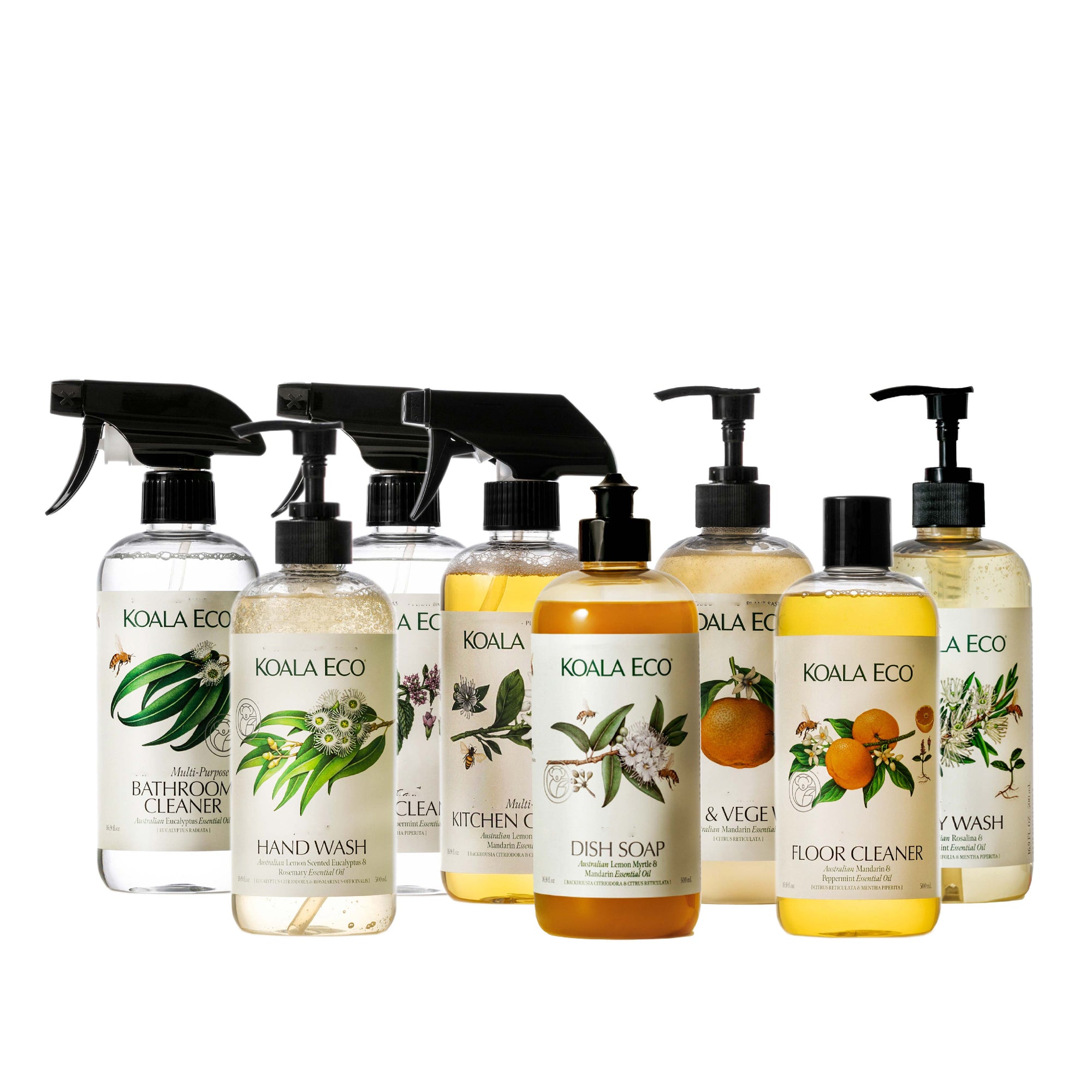
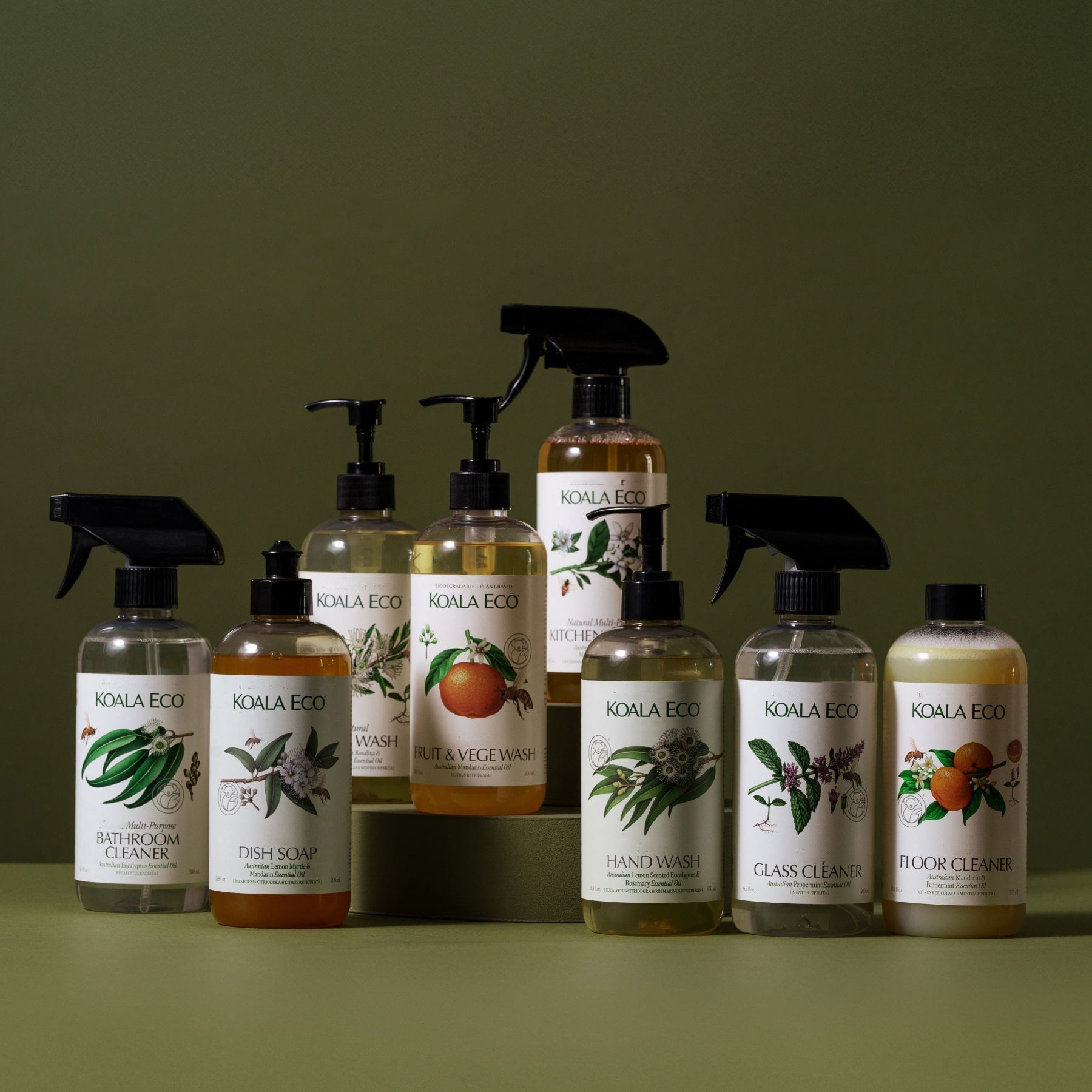


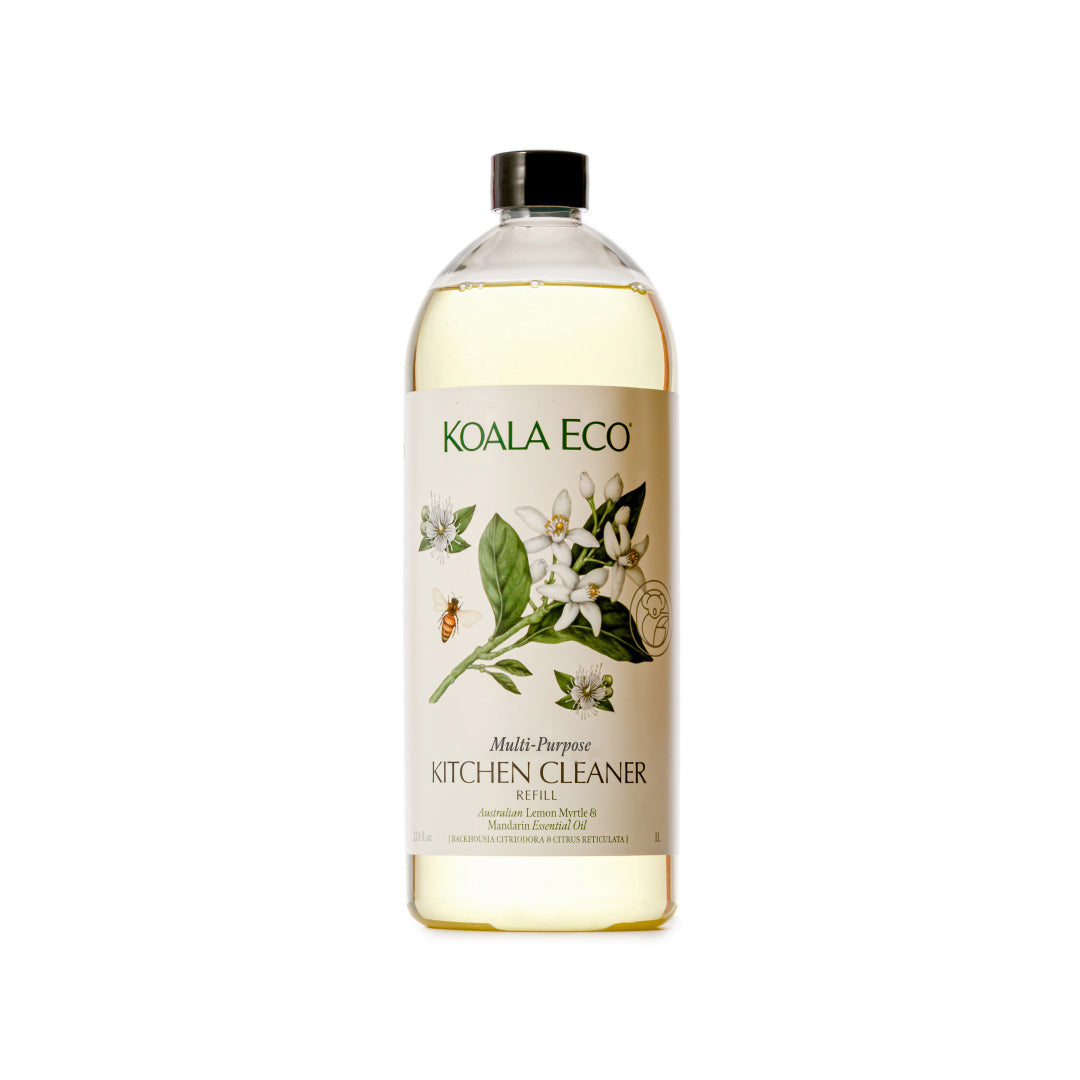
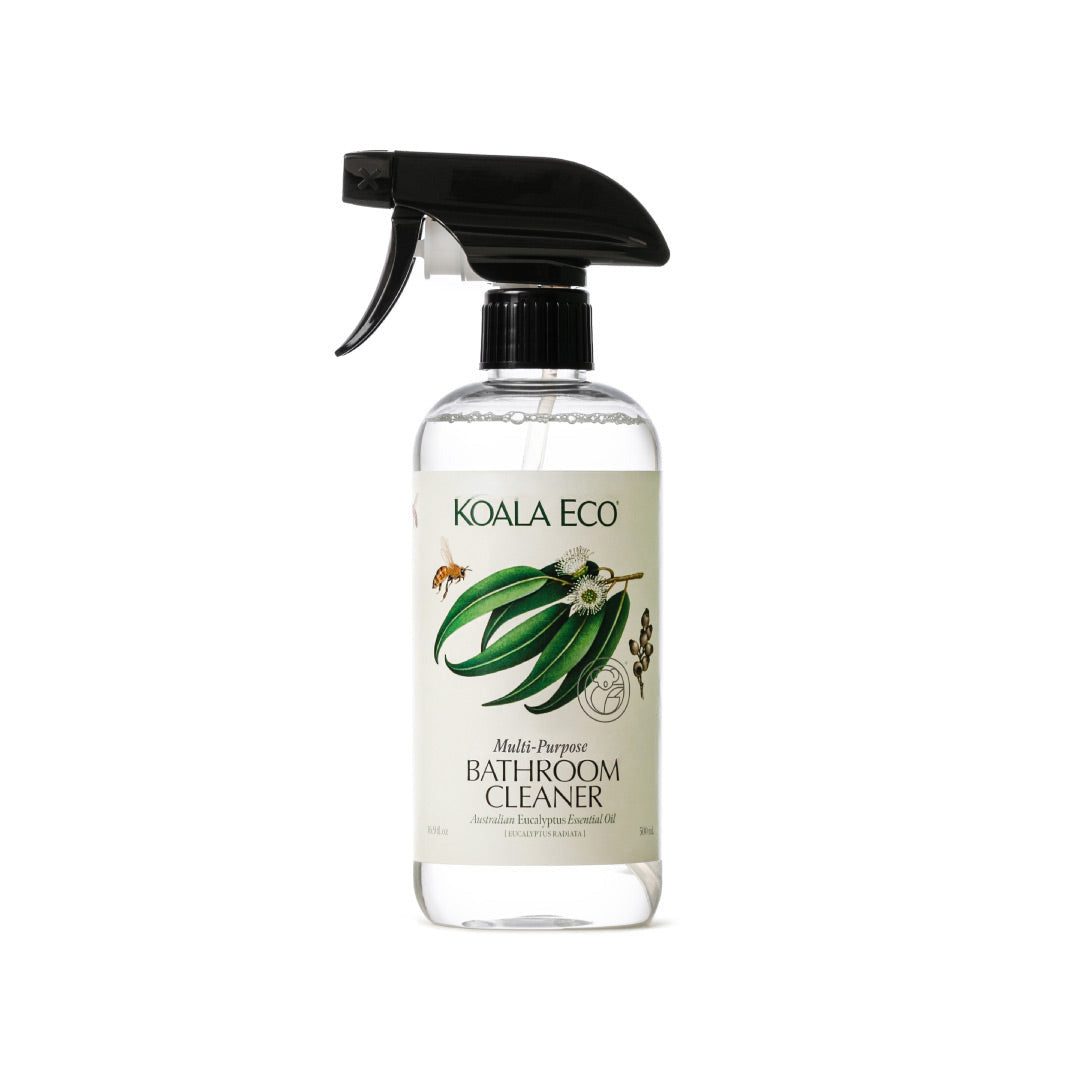
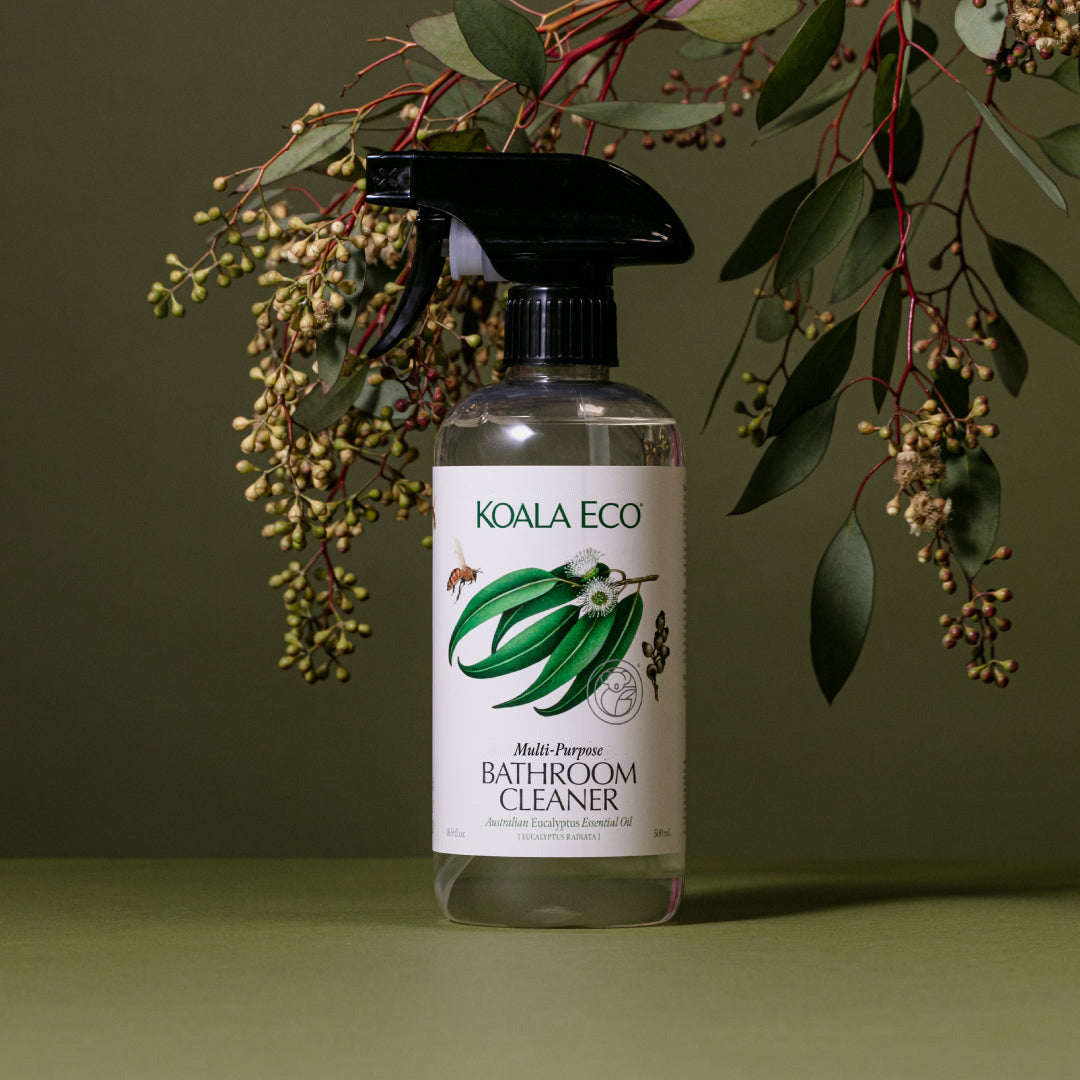
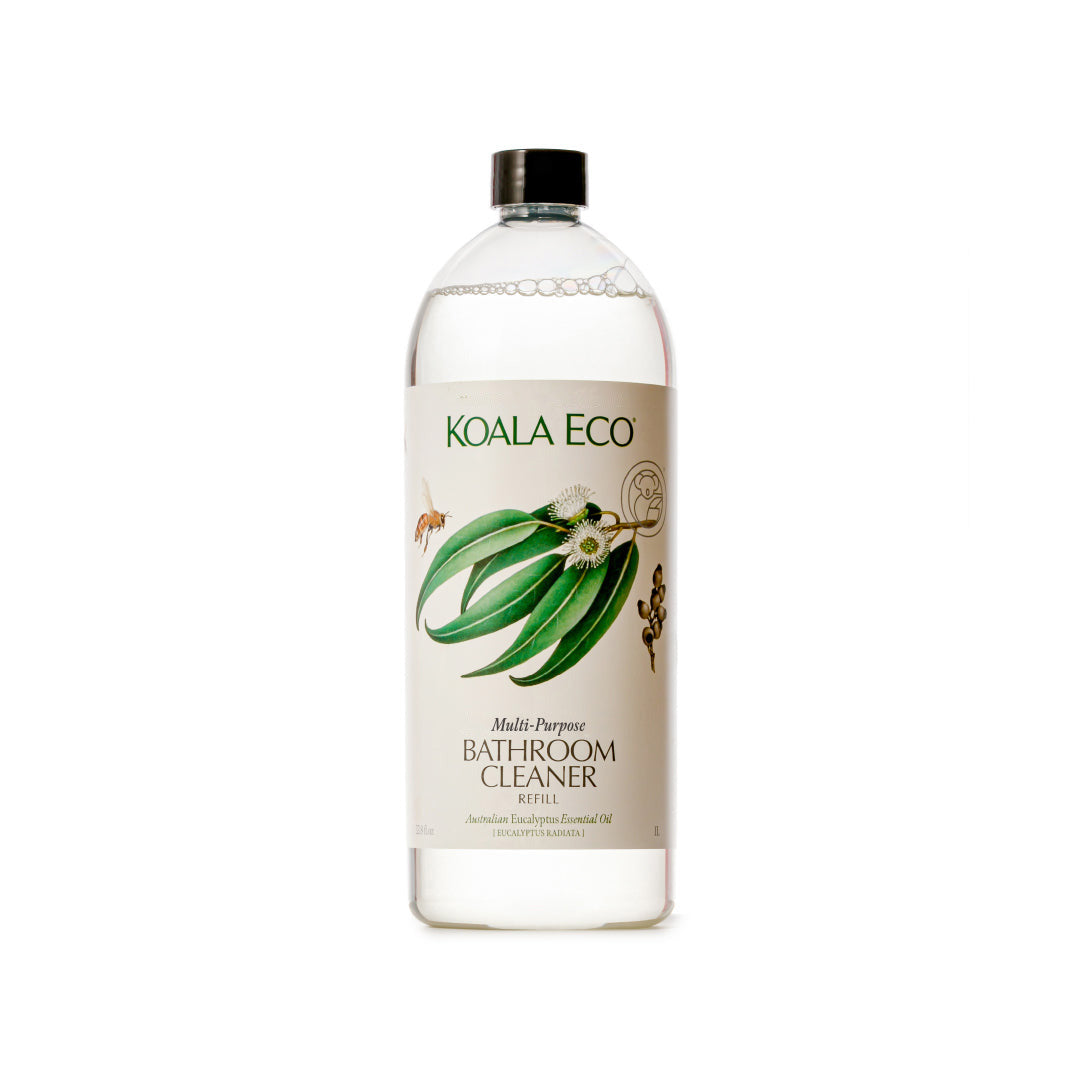
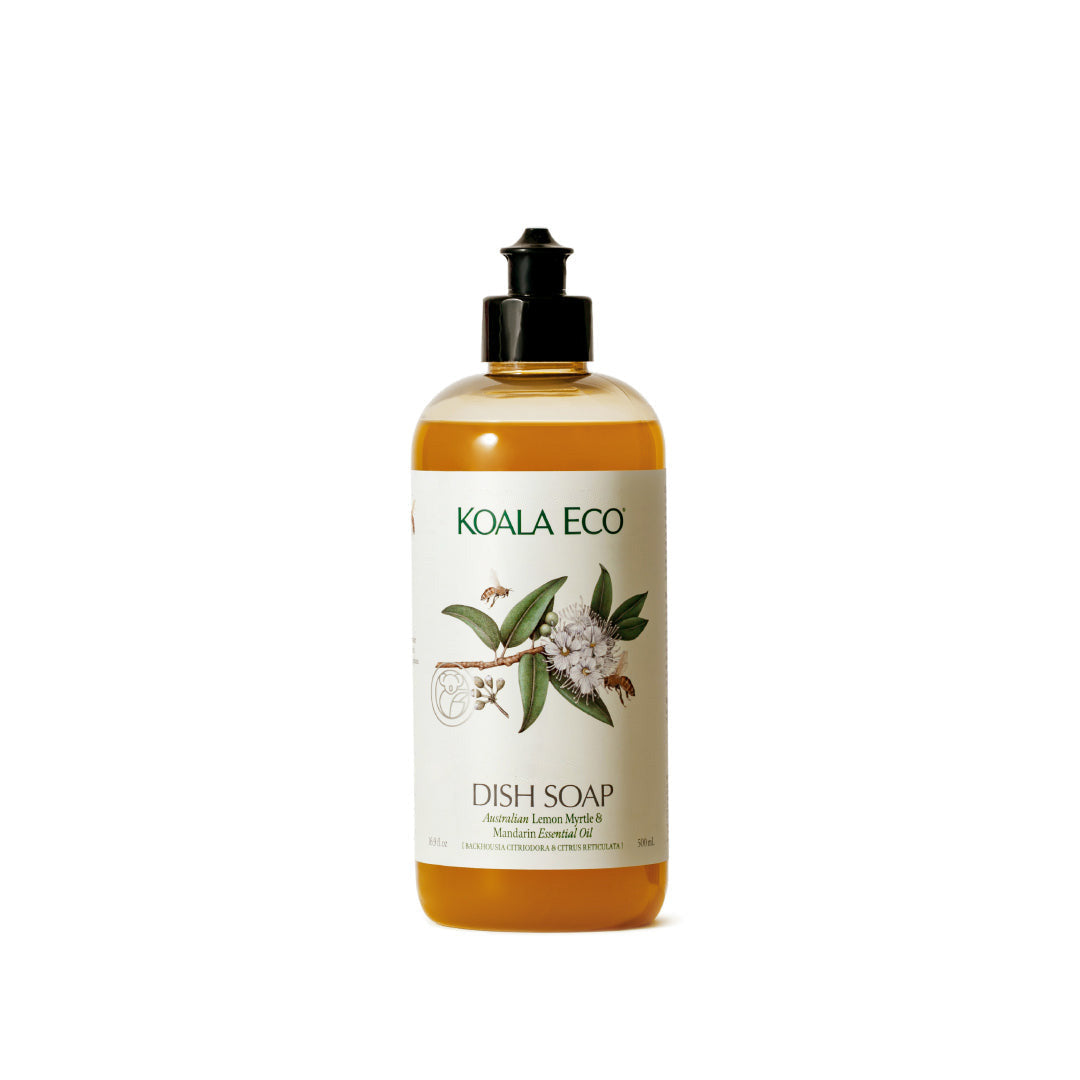

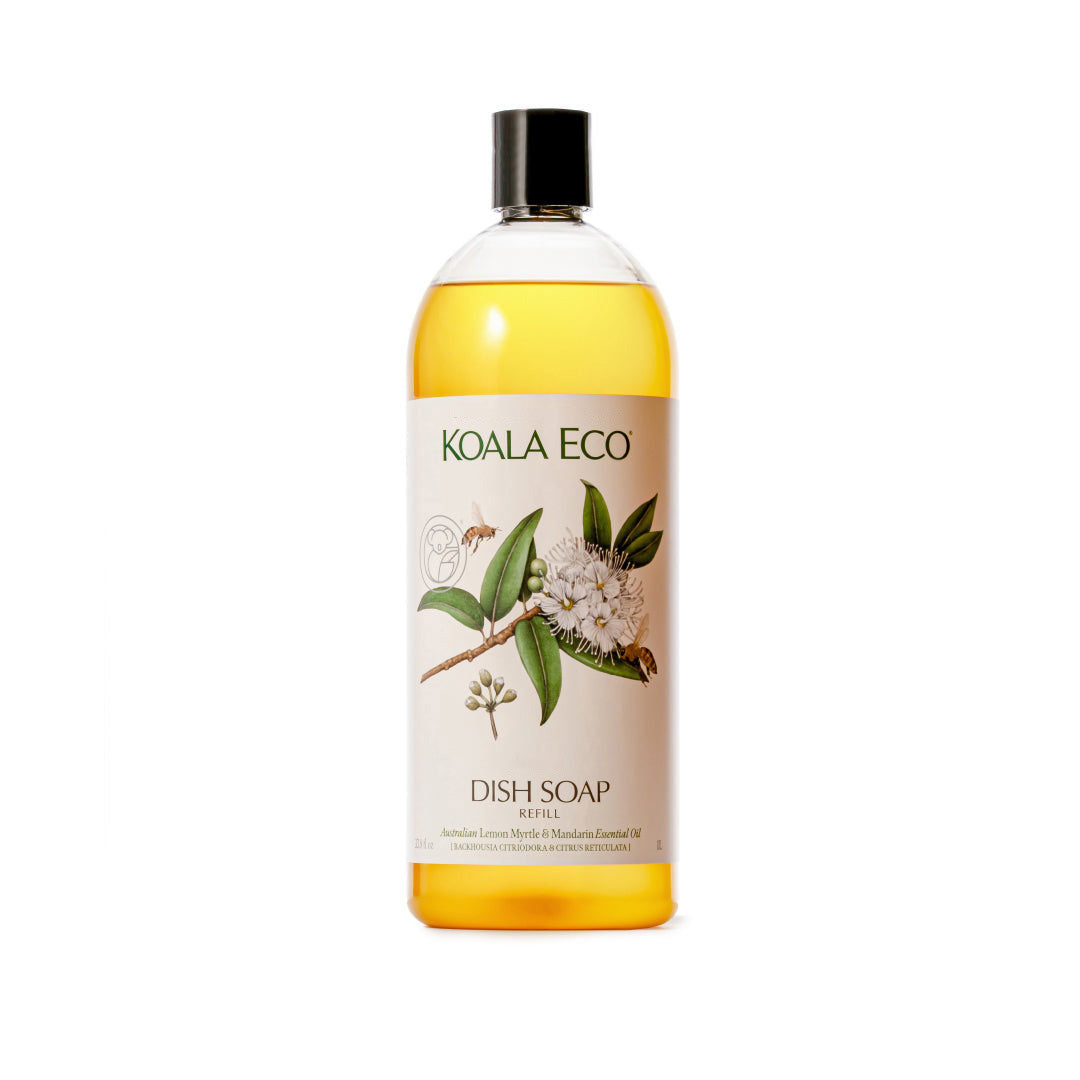
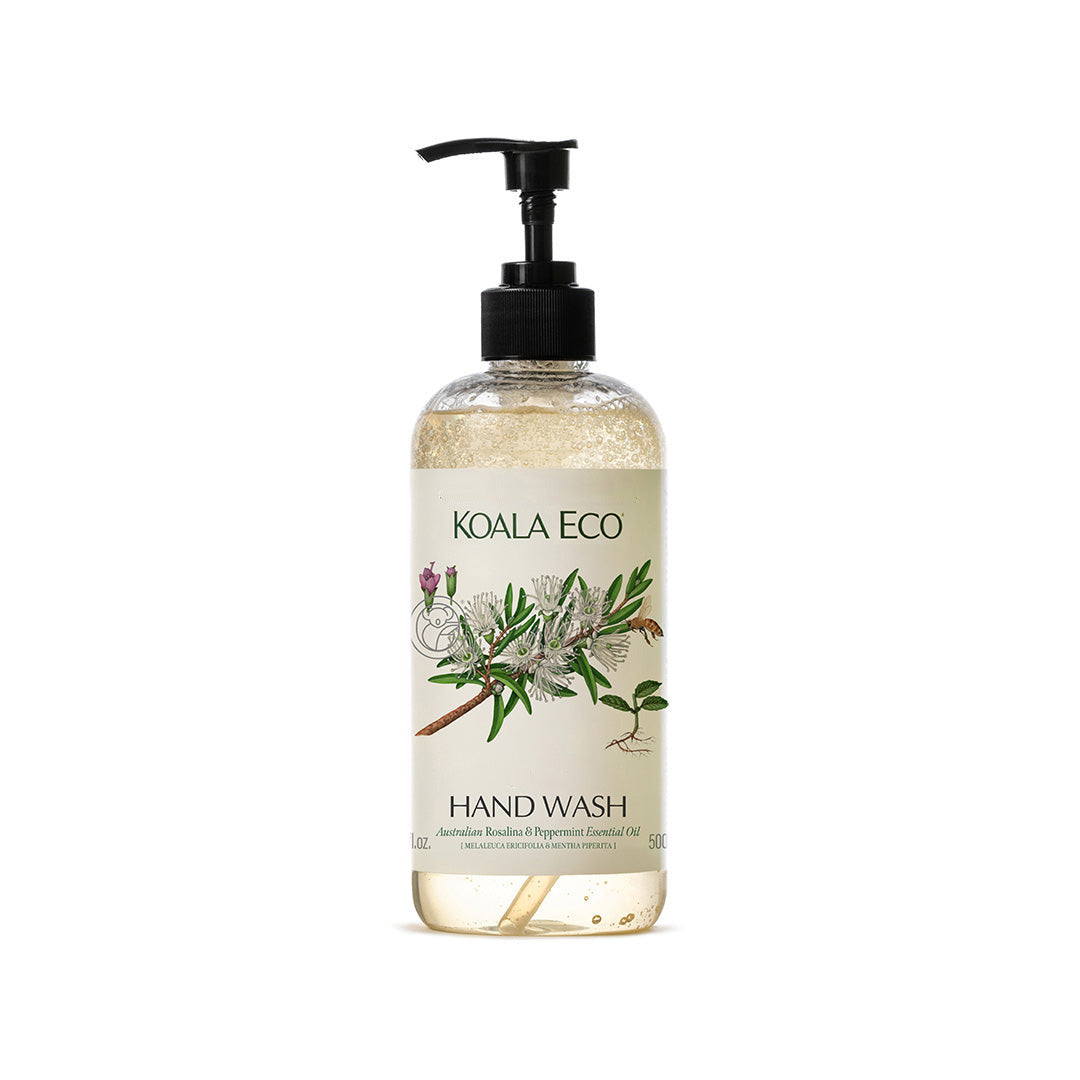
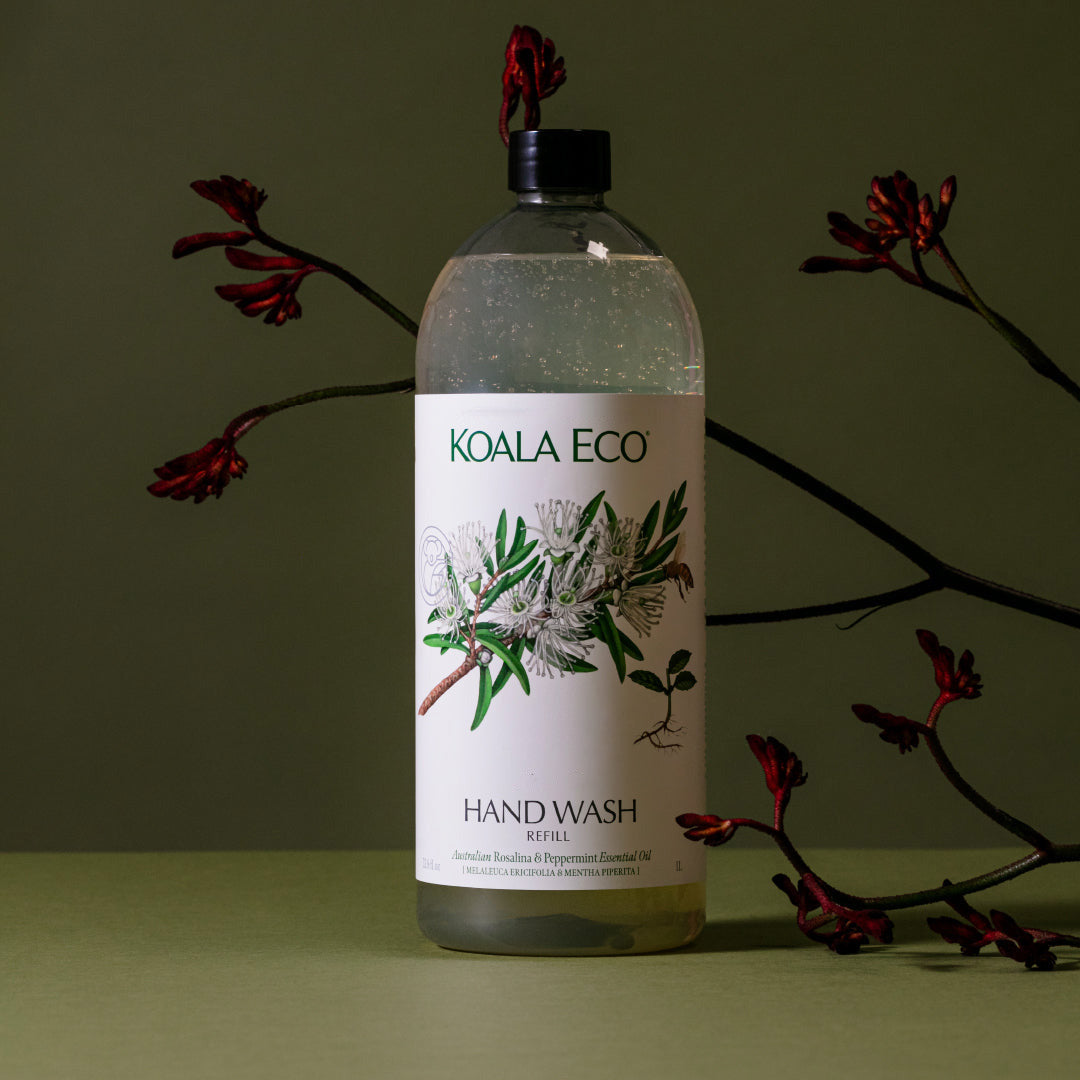
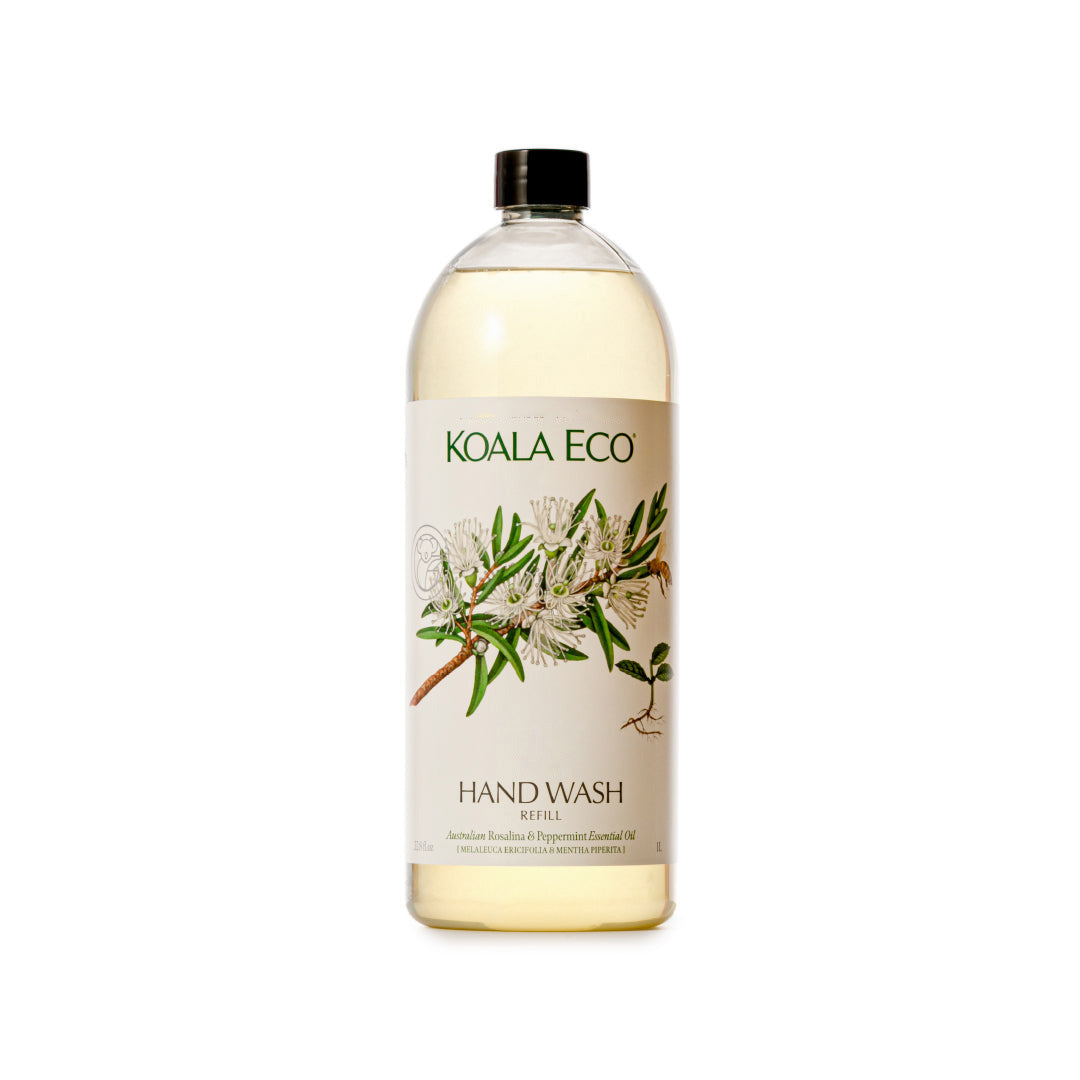
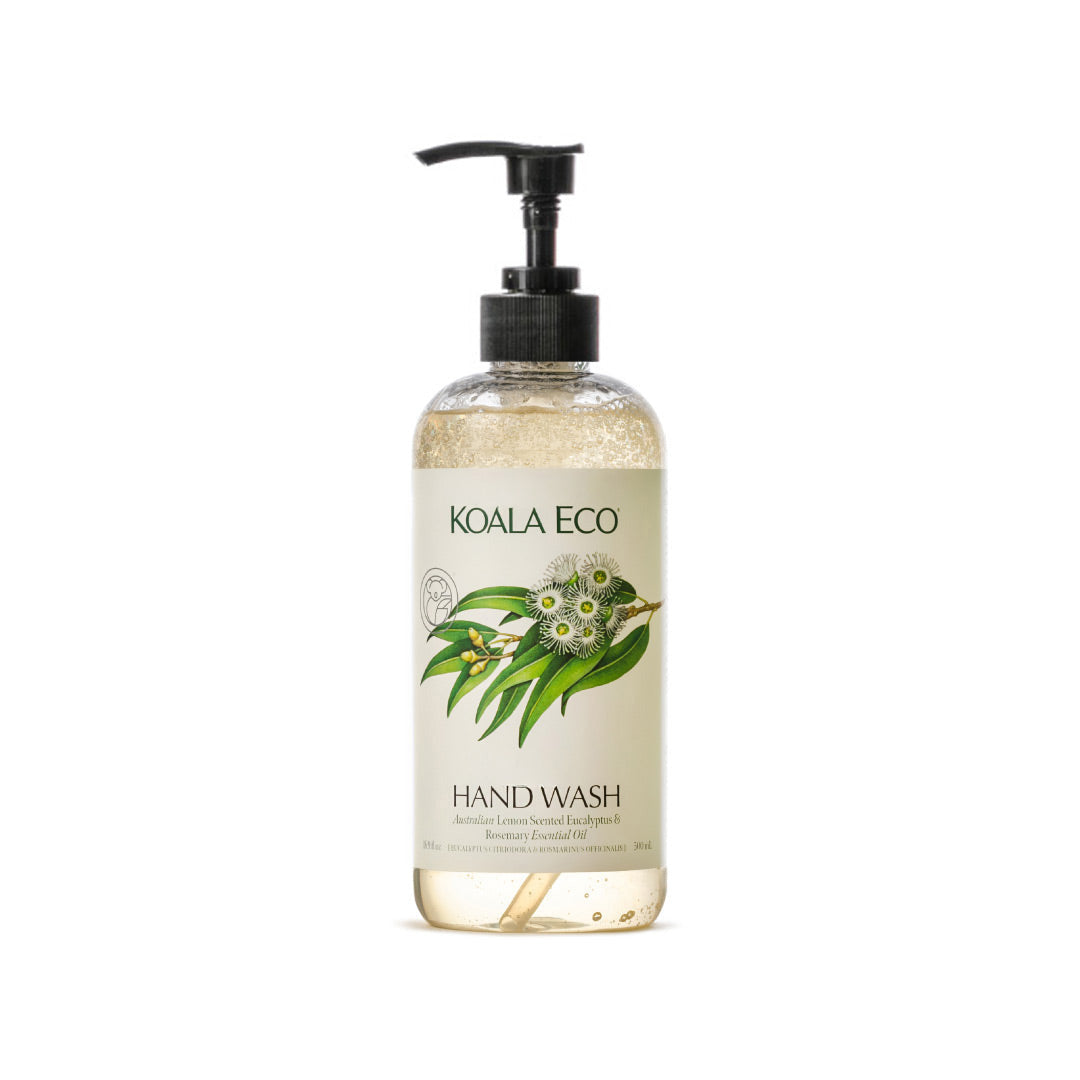
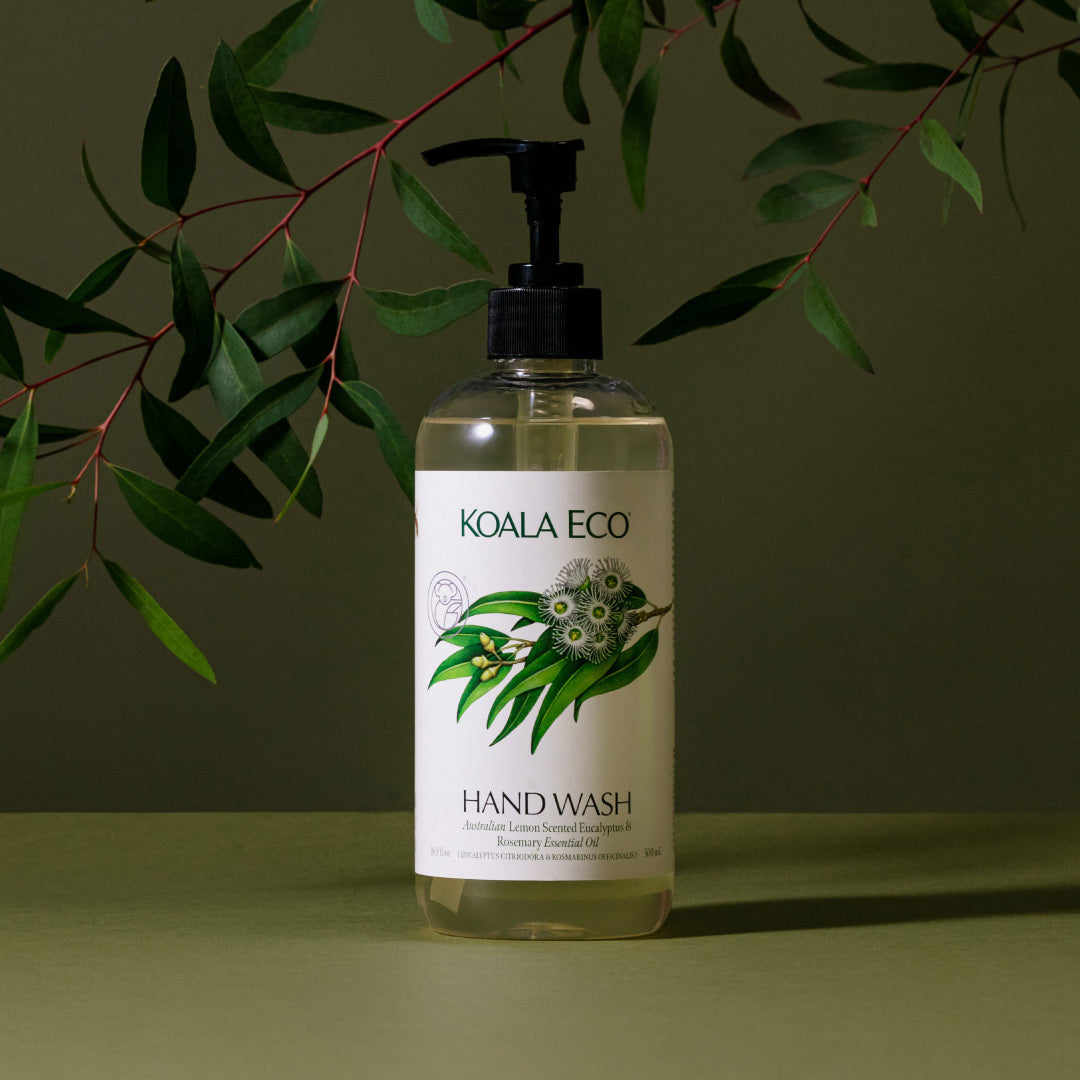
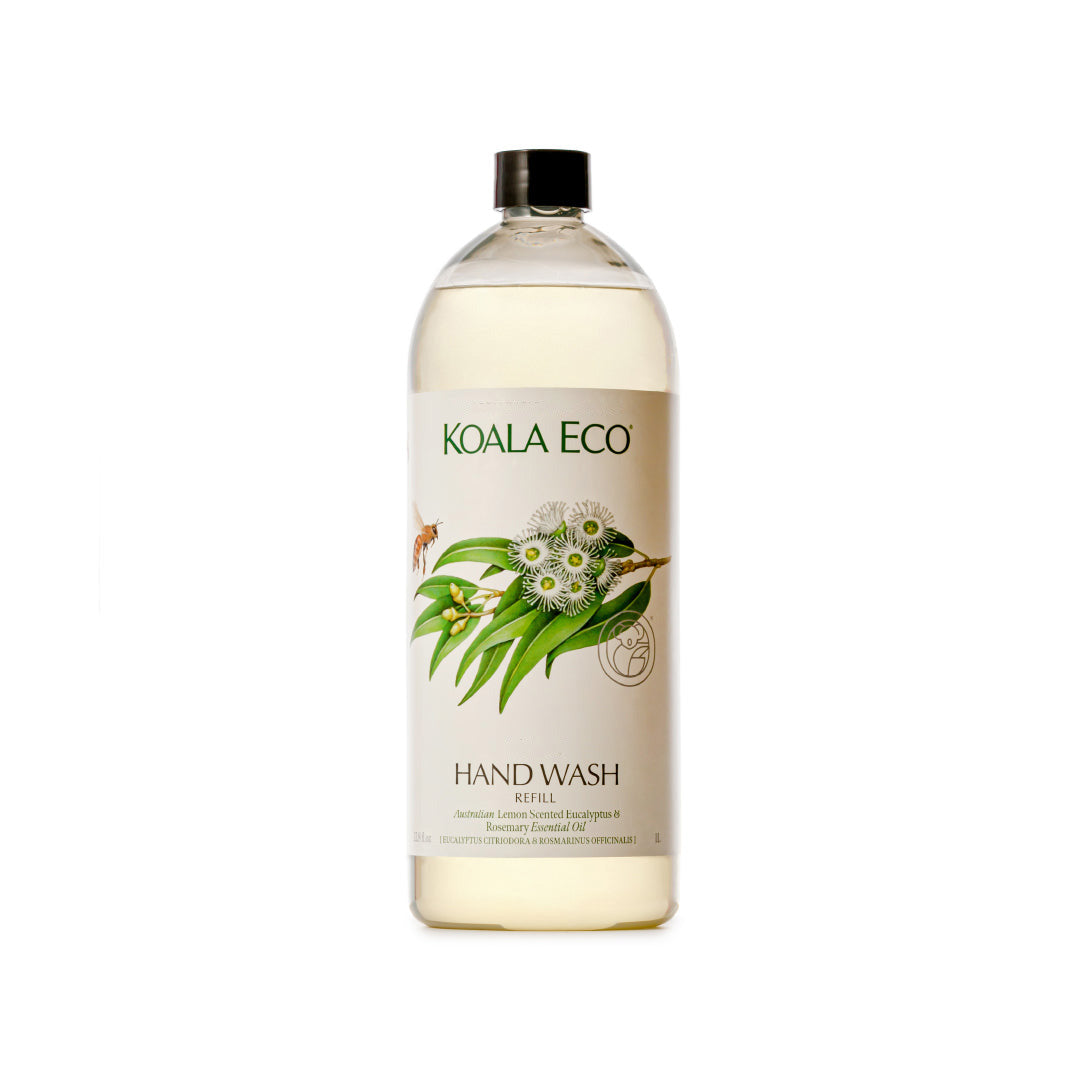
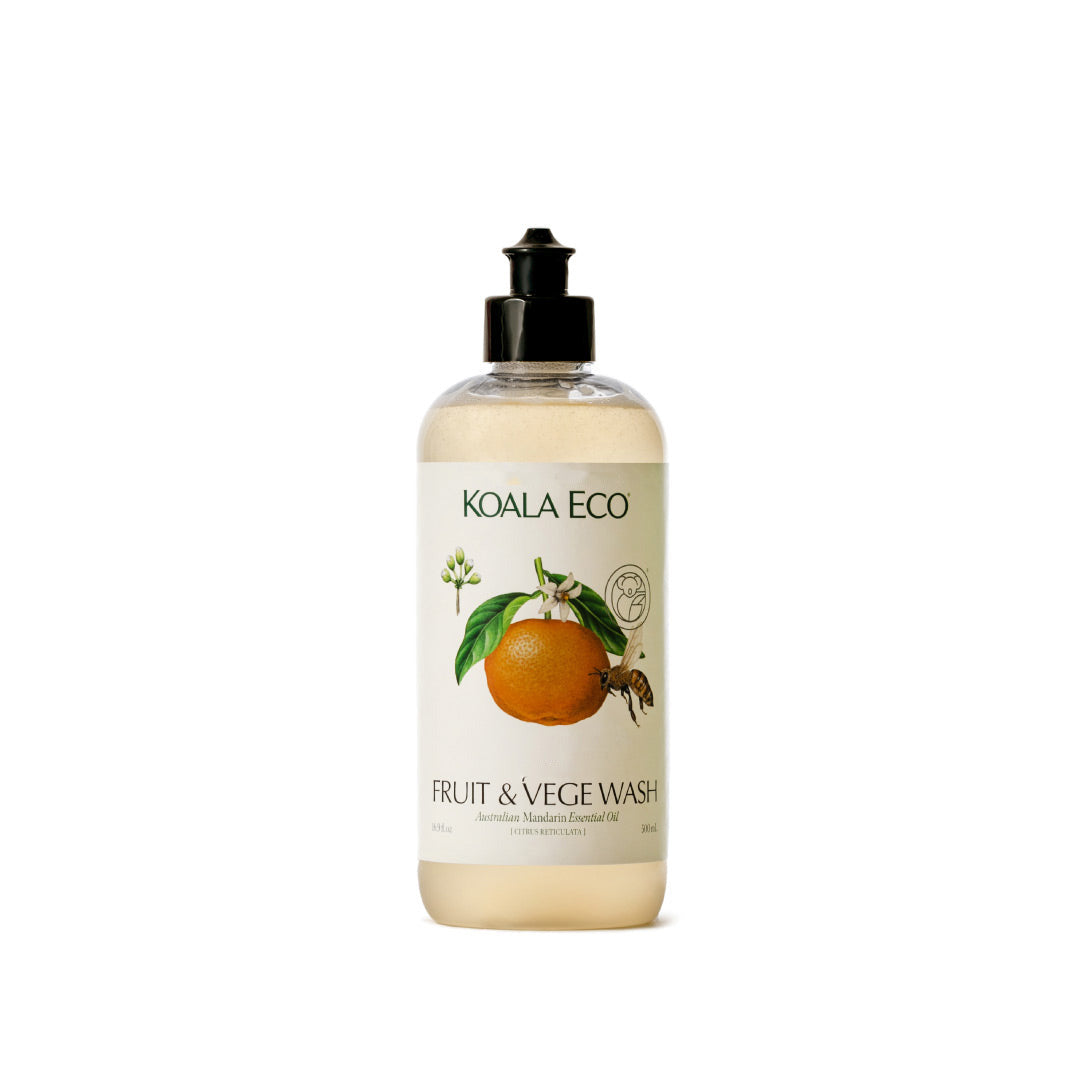
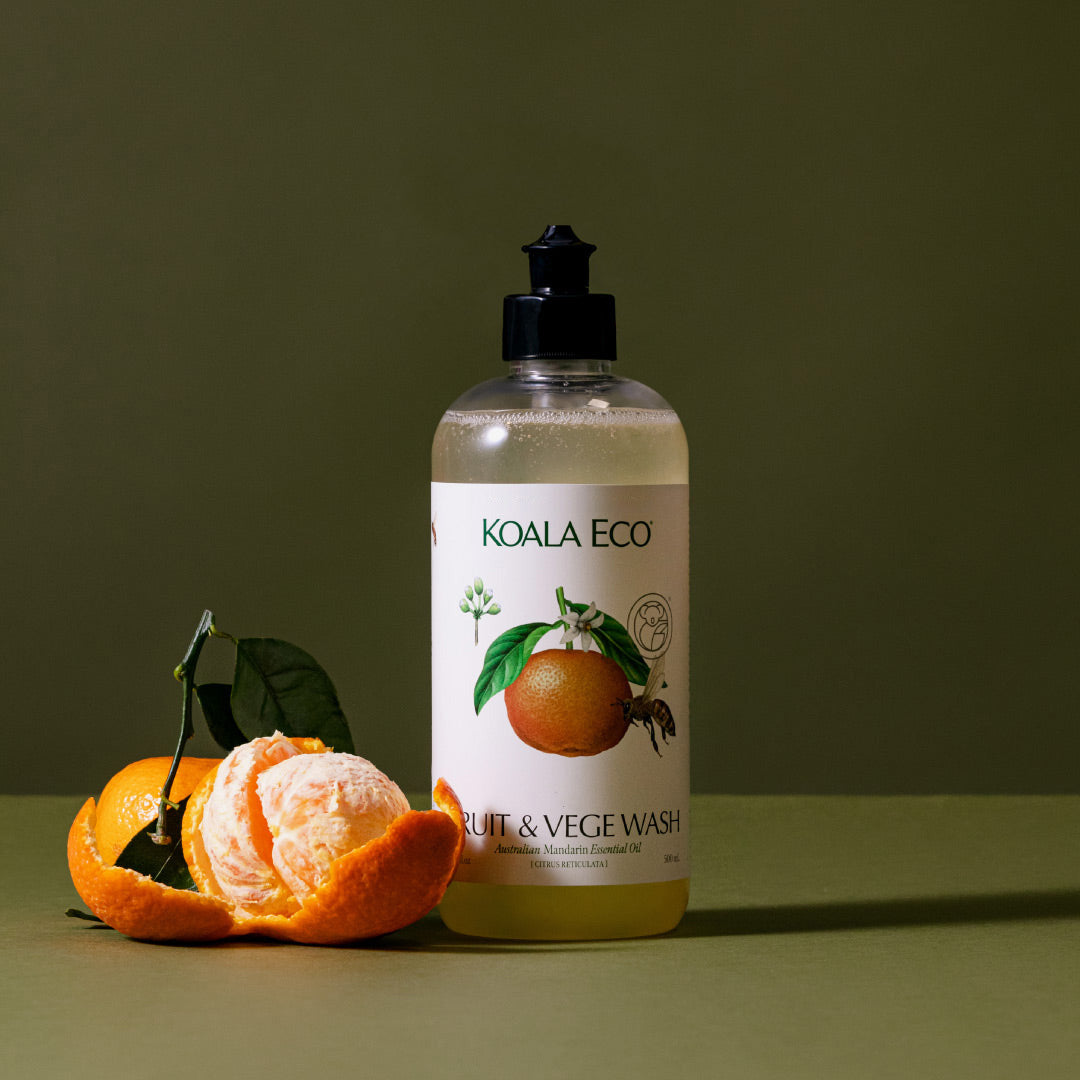
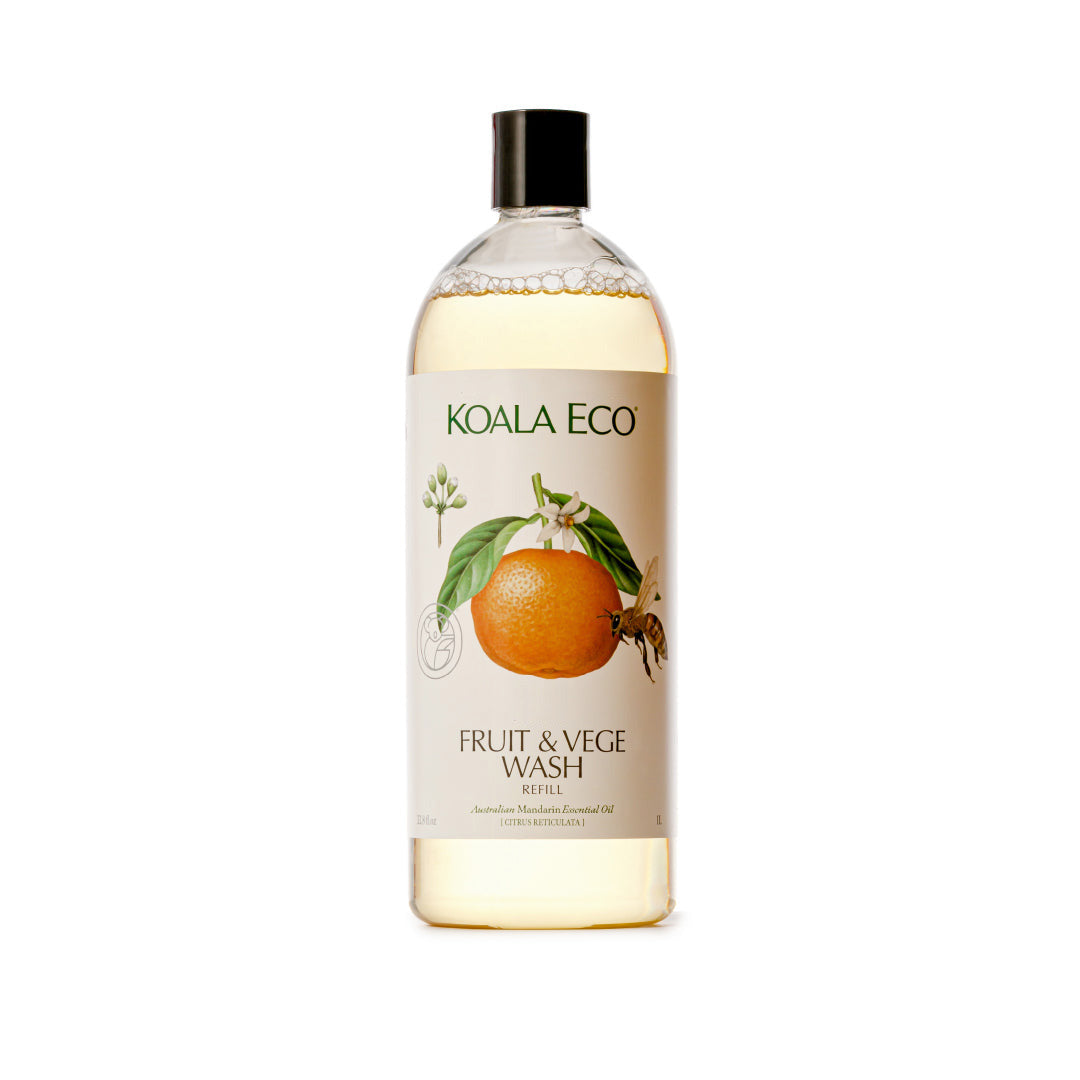
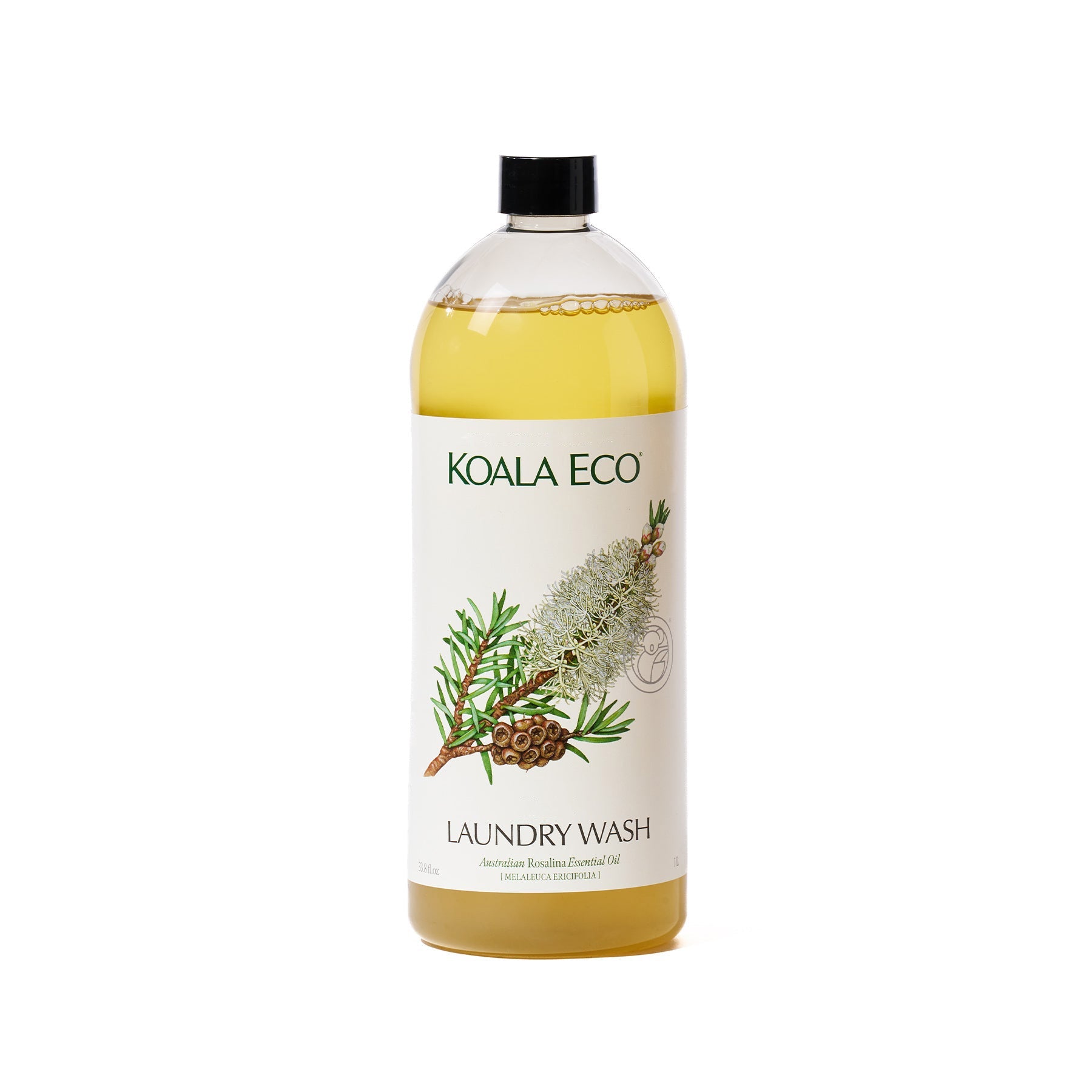
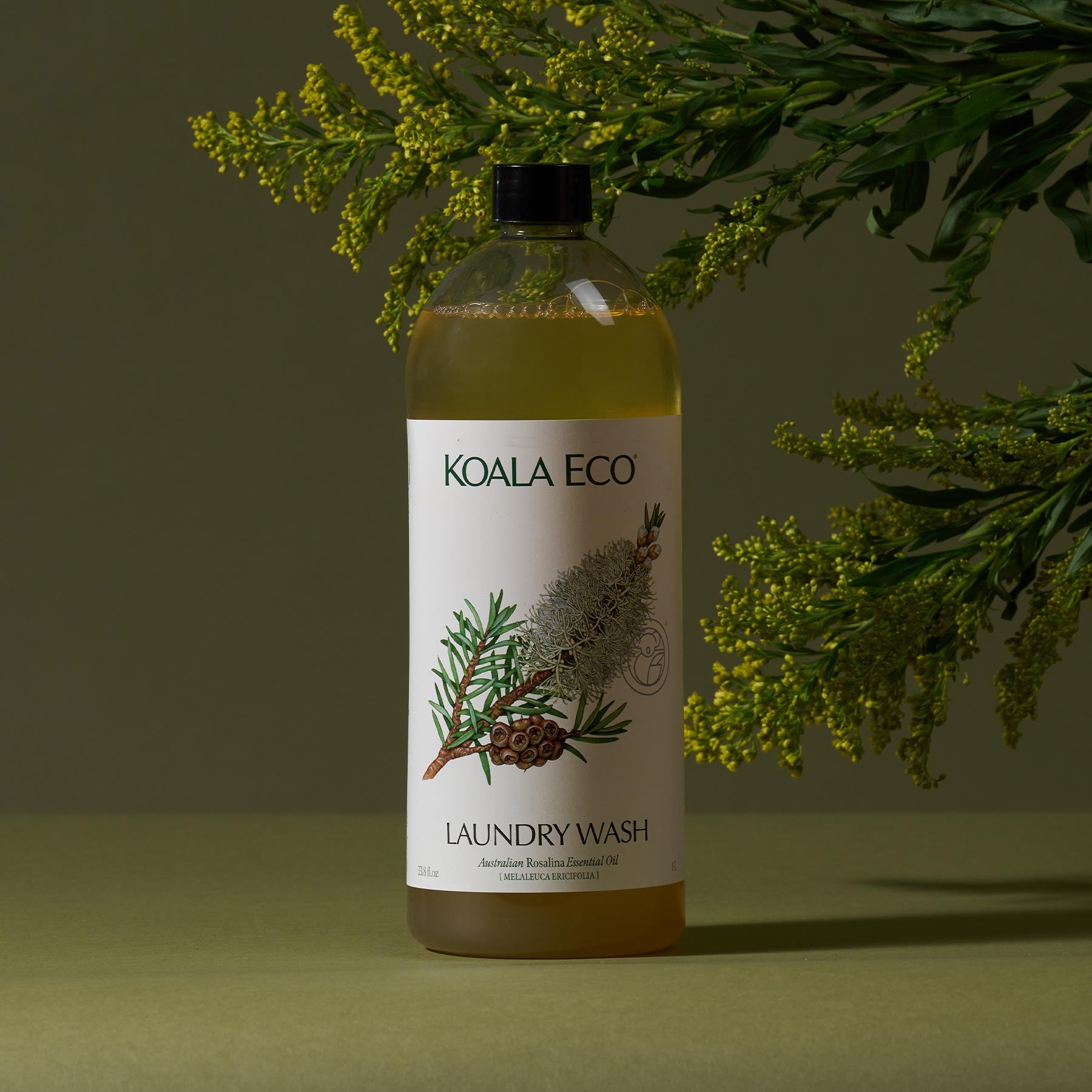
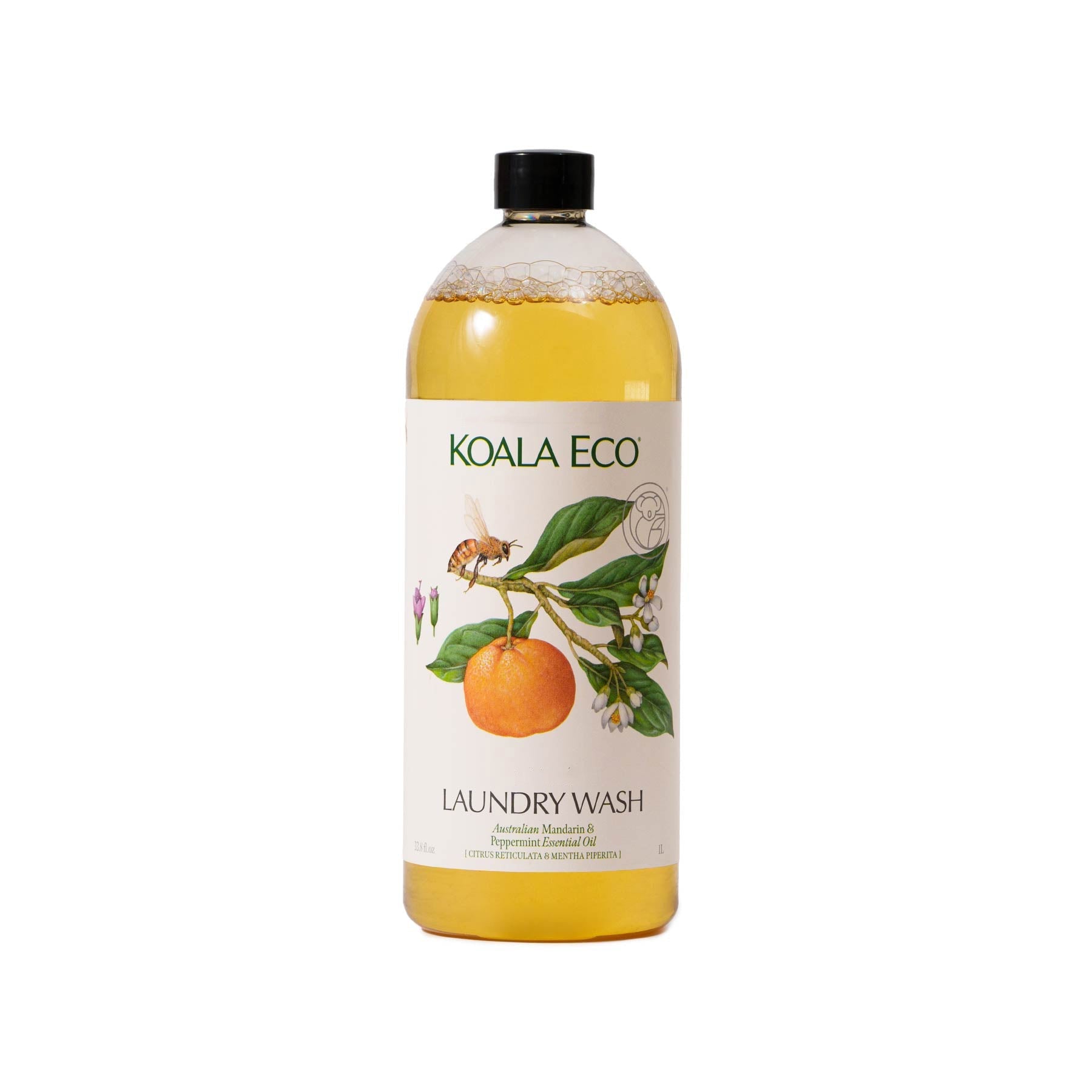
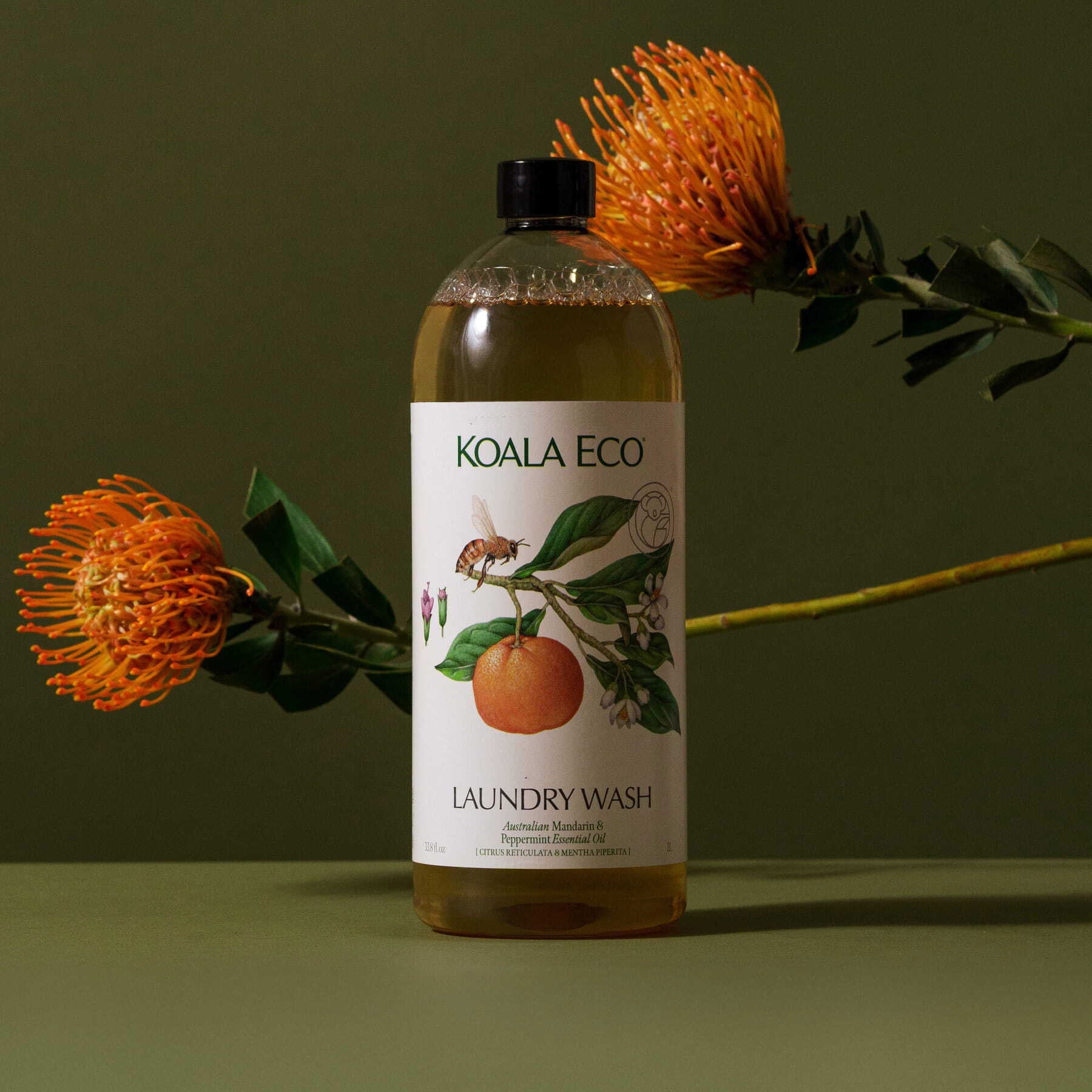
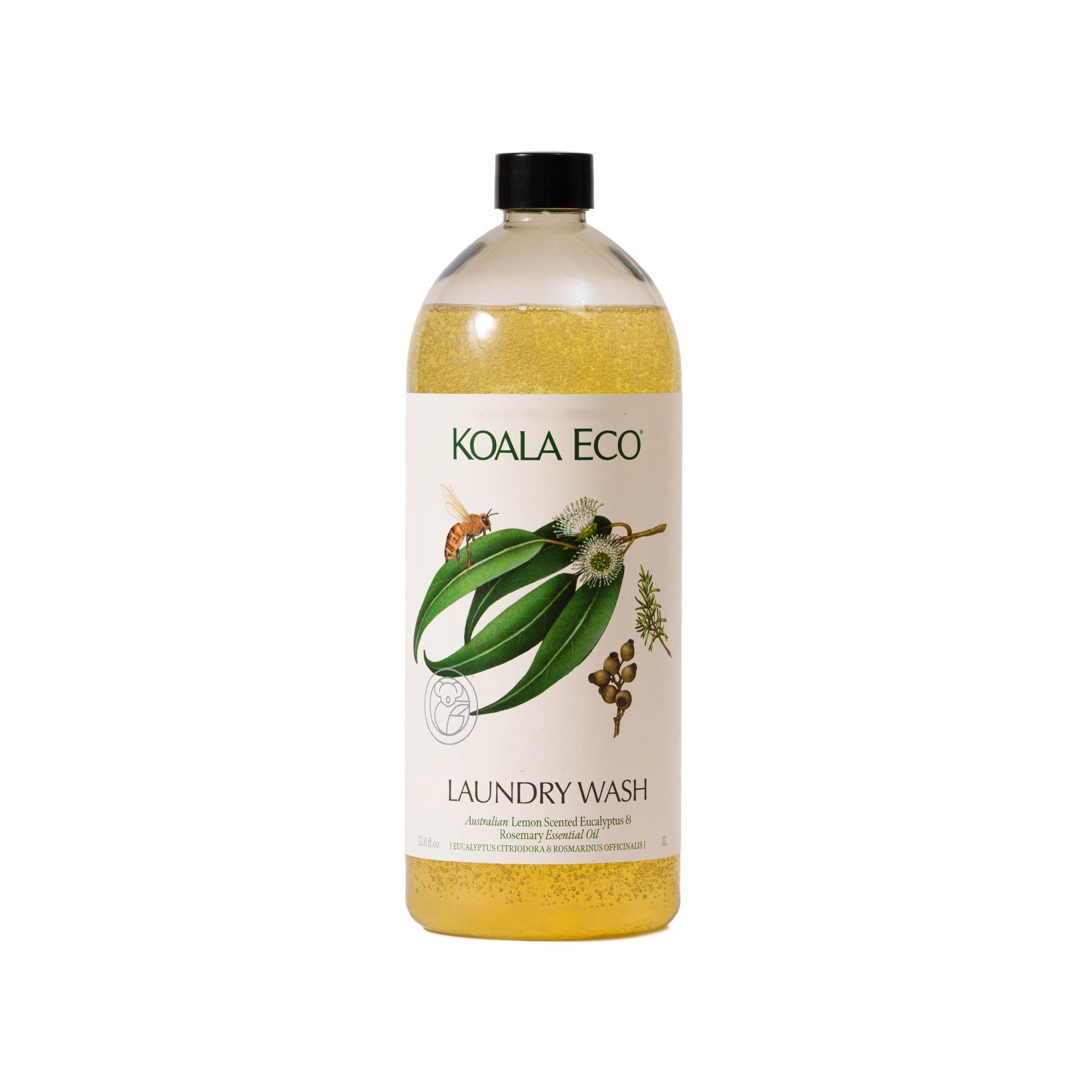
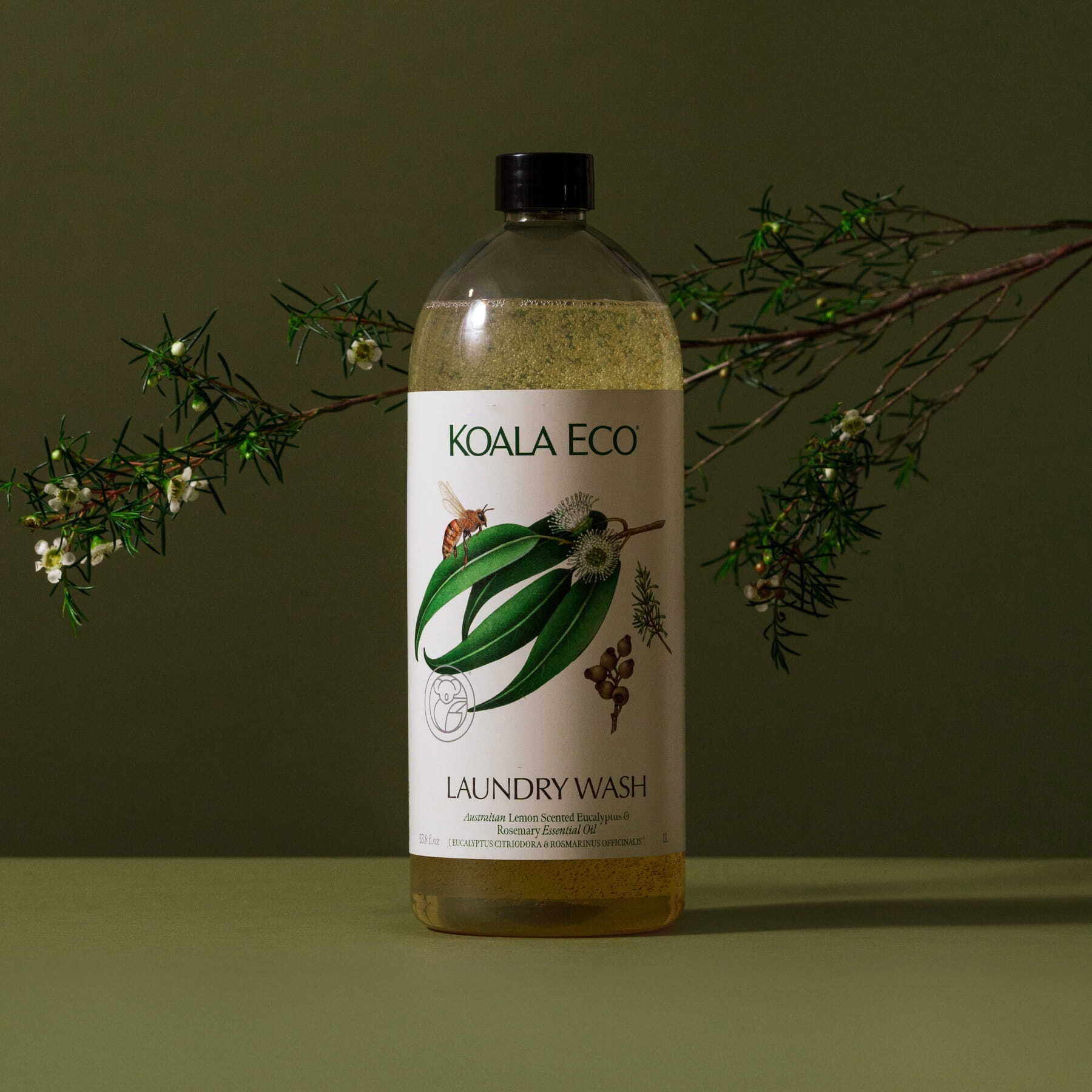
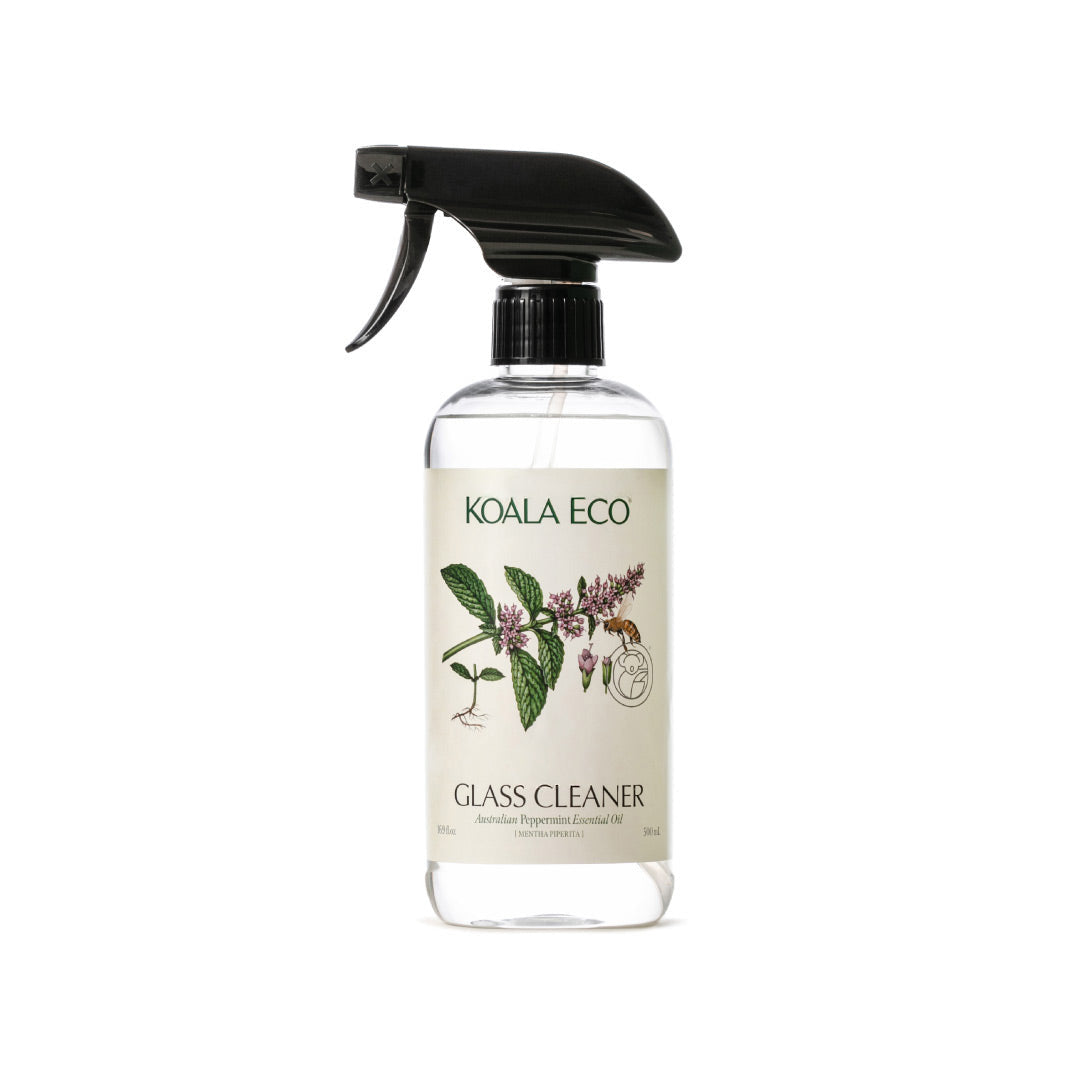
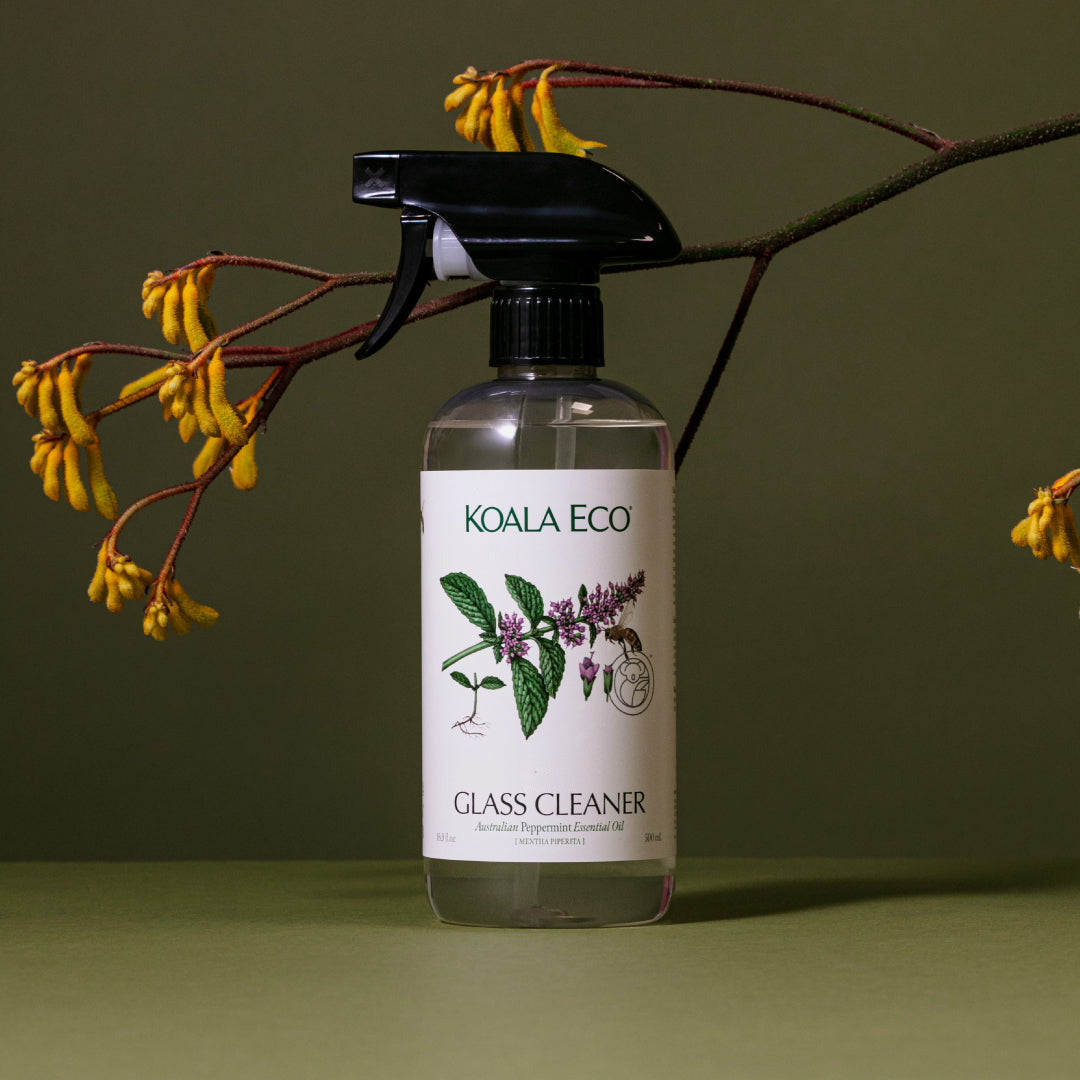
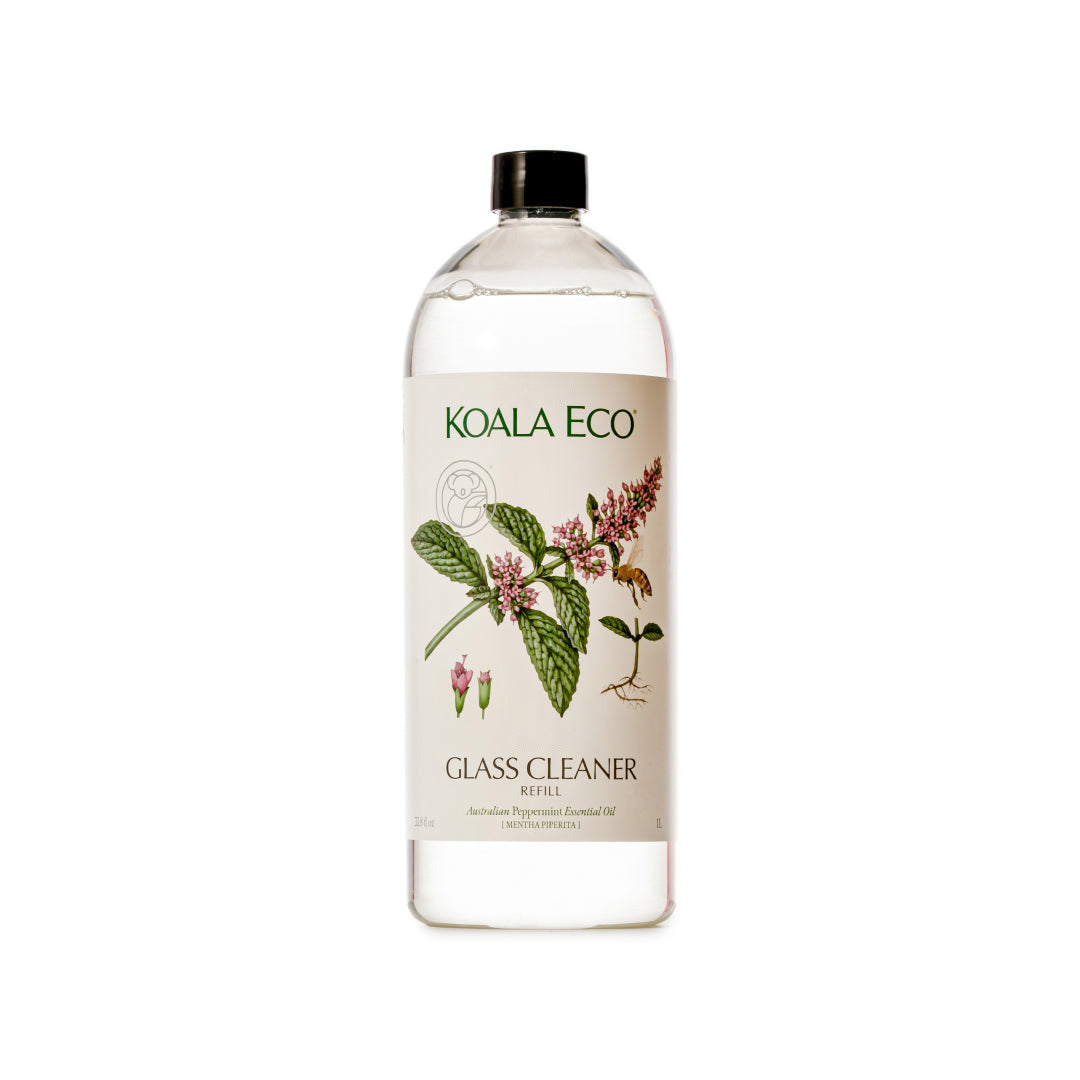


![The Sunday Reset - Inspired by Mandarin [Citrus reticulata]](http://usa-koala-eco.myshopify.com/cdn/shop/articles/KoalaEco-2025-Sunday_Reset-Mandarin-Journal_Banner_07451e10-e73f-497d-989d-2606a2864abf.jpg?v=1760498511&width=2000)